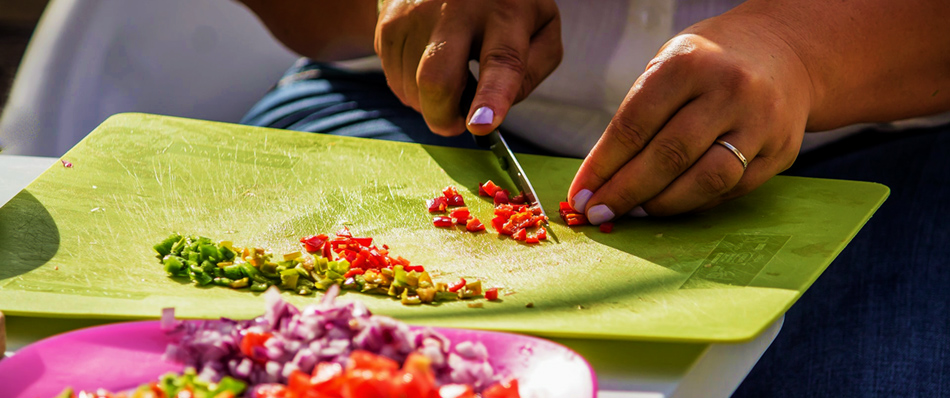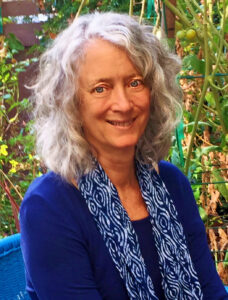
Living in an educated, affluent society, we’re blessed with abundant food choices. And thanks to the computers on our desks and in our purses and pockets, we’re aware of an endless array of dietary dos and don’ts, fad diets, and diet guidelines, some of which are backed by convincing research and/or personal stories, or that are just aggressively promoted by nutrition gurus.
Having a range of moderately reliable choices is a good thing! It’s clear that therapeutic diets can treat disease, enhance our sense of well-being, and help us achieve our health goals.
But there’s a point beyond which too many choices become – well, simply too much. When I accompanied a Canadian friend to our local coffee shop, she found the choices overwhelming and laughably self-indulgent.
More seriously, we see patients who’ve become so over-informed about the possible dietary dangers that they’ve become quite literally afraid of food and have limited their diets almost to the point of starvation.

That day-old cantaloupe may have mold! That beautiful bunch of spinach is full of oxalates! That fruit is one of the “dirty dozen!” That fish is full of mercury! Those nightshades are harmful to some and may harm me as well! Gluten isn’t good for anybody!
And so it goes, endlessly. There’s even a term for the fear of food – it’s called cibophobia.
It IS true that cut melon can host mold, that oxalates and nightshades are best avoided by certain persons, that some fish are relatively safe and others are not, that avoiding the dirty dozen is smart, and that gluten is problematic for many and deadly for a few.
Food choices can indeed impact our health profoundly. But, with a few notable exceptions, it is simply NOT TRUE that obsessive concern is in our best interests.
We live in an imperfect, multifaceted world. The quality of our food is compromised by the use of pesticides, hormones, antibiotics, and artificial ingredients. The polluted and depleted environment in which our food is grown doesn’t help. Food availability is conditioned by location, shortages, and cost. And home food preparation is challenged by time pressures, social constraints, and personal preferences.
We therefore do the best we can to work with the variables that are within our control.
We can garden. We can choose organic (and choose to trust that there’s at least some truth in labeling). We can buy fresh local foods and avoid chemicalized, processed foods. We can choose wild and free-range foods. We can even occasionally indulge in questionable foods without seriously compromising our health.
We can also enhance the quality of whatever food we do choose to take into our bodies.
But we are in serious error if we believe that the only sustenance in our food comes from the nutrients it contains, and that we have no control over the effects the food has on us.
I’ve referred many times to the work of Japanese photographer Masaru Emoto, on the powerful effects that our consciousness has on frozen water crystals – water being a major constituent of our food and our bodies.
Emoto Sensei’s photos bear witness to the fact that blessing our food and offering gratitude for the food we consume profoundly alters its crystalline structure and how it affects us.
Great yogis have been known to drink lye and remain utterly unaffected by this very dangerously corrosive substance, sheerly by their actual realization that God is in the lye and in their bodies.
We may not be fully Self-realized yogis, yet, but the fact remains that the consciousness with which we grow, prepare, and accept food into our bodies alters the way in which our bodies digest and receive it.
As we engage in positive energetic exchange with our food, boundaries blur, microscopic ecosystems merge, a symbiotic relationship develops, and our food and our bodies are profoundly changed for the better.
Interested in a diet evaluation? Give us a call to make an appointment with Dr. Connie: 650-961-1660.
For information about the services we offer at Pacific Naturopathic, please call us (650-961-1660), use the convenient Contact Form to get in touch, or follow the link to: Consultations – Pacific Naturopathic. Thank you!
